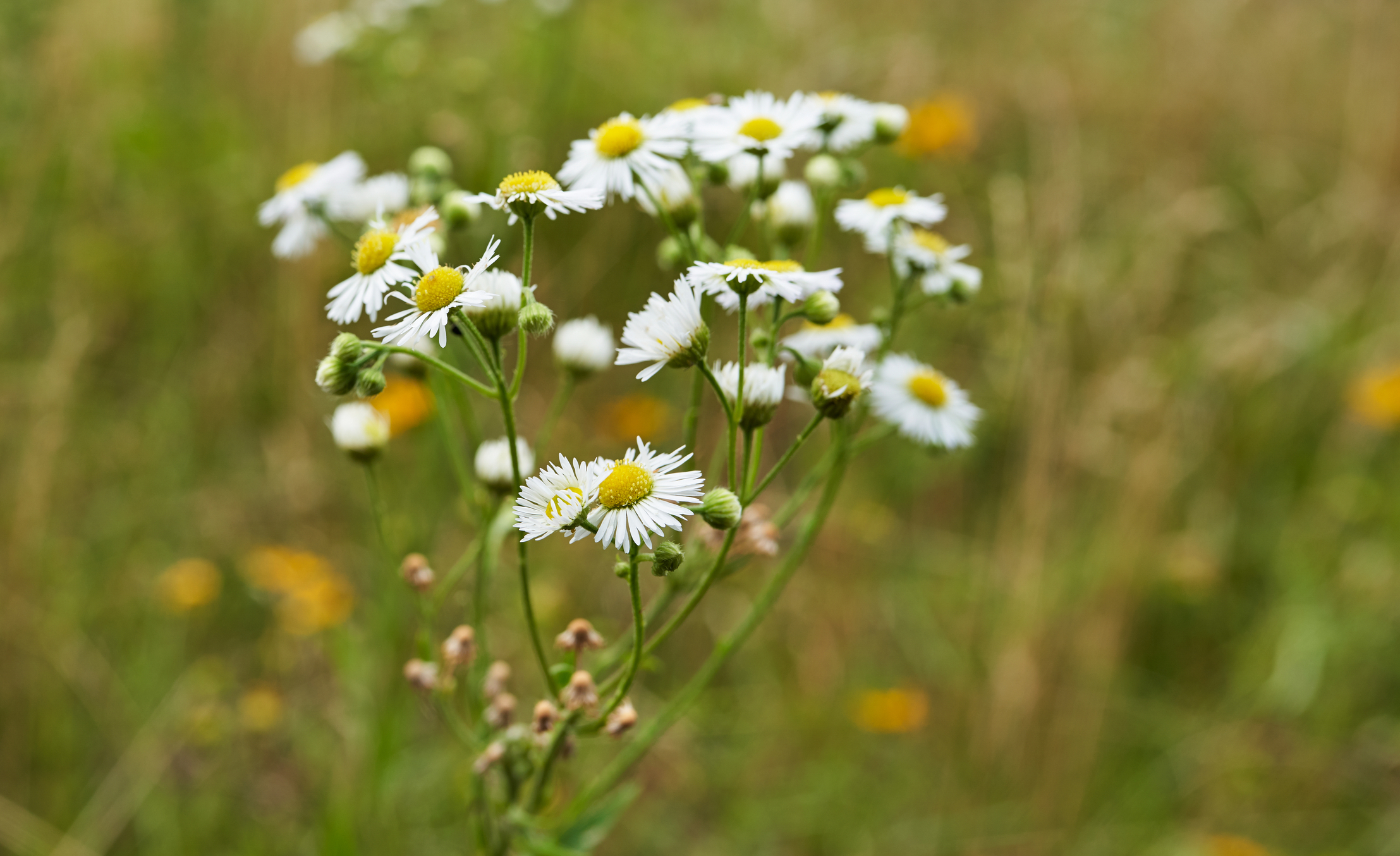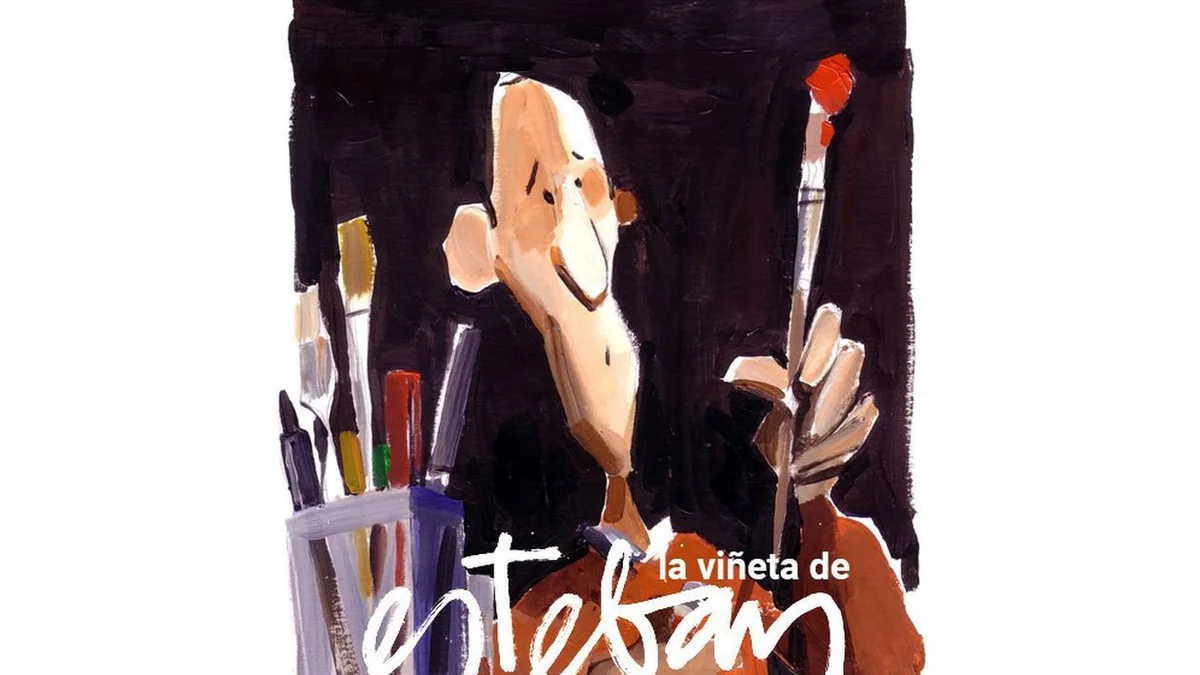Approximately 400 species of invasive or potentially invasive foreign plant species have been identified in Romania, eight of which are also spread in the southeast of the Făgăraș Mountains, non-profit Conservation Carpathia Foundation said.
These plant species, which are not native to the local ecosystem, spread rapidly, disrupt the ecological balance and adversely impact agriculture, food production and human health, it said. They get introduced to foreign areas accidentally or due to human activity.
The foundation has identified so far eight species of invasive foreign plants over a length of over 170 kilometers on the Dâmboviței Valley, Târglui River, Vâlsanului Valley, Doamnei Valley and two tributaries of Lake Vidraru. These are Fallopia (Reynoutria japonica) – Japanese knotweed, Erigeron annuus – daisy fleabane, Impatiens glandulifera – Himalayan balsam, the Jerusalem artichoke (topinambur), the cutleaf coneflower – Rudbeckia laciniata, the Canadian goldenrod – Solidago Canadensis, the small balsam – Impatiens parviflora, and the orange lily.
Alder trees, lining up river banks and playing an essential anchoring role and preventing natural disasters, are particularly vulnerable to the invasion of alien species, the NGO notes.
Since 2020, the foundation has carried out activities to eliminate invasive foreign species using nature-friendly methods such as mowing, uprooting, and cutting invasive plants without using chemicals.
“In the areas they invade, these plants lead over time to the elimination of native species, reducing biodiversity and favoring ecological imbalances,” biologist Oliviu Grigore Pop, who works with Conservation Carpathia Foundation, explained.
The foundation recommends limiting and preventing the spreading of these plants, with a first step being the cultivation of native decorative plant species, a more careful management of plant scraps, and not throwing them in nature areas, especially on the banks of rivers.
(Photo: David Kennedy | Dreamstime.com)
simona@romania-insider.com





























